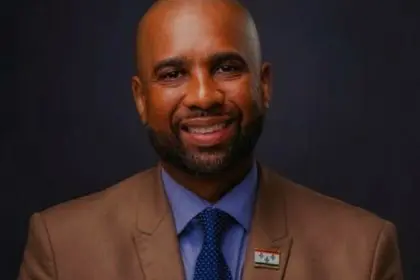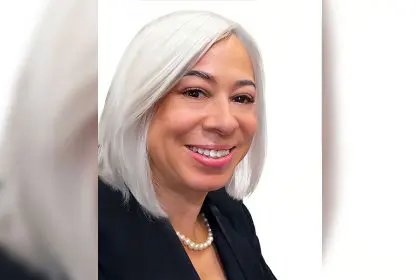In a recent episode of Equity in Focus, hosted by Kevin Hooks, visionaries Joe Cecala and Dwain Kyles discussed their pioneering initiative, the Dream Exchange — a minority-owned stock exchange designed to transform access to capital for minority and small businesses. This groundbreaking platform aims to democratize public capital markets, offering a direct avenue to a previously inaccessible $30 trillion pool of funds.
Kyles, growing up in the South during the Jim Crow era, was deeply influenced by his parents’ civil rights activism. This upbringing instilled in him a lifelong commitment to aiding those marginalized by systemic financial barriers. Alongside Cecala, Kyles has pursued initiatives to facilitate minority business owners’ access to essential capital and resources, despite systemic obstacles that have long hindered such access.
Cecala, sharing his journey, highlighted his experiences at the intersection of significant market innovations, which provided him with unique insights into the structural deficiencies of current financial systems. Together, Cecala and Kyles have dedicated their efforts to crafting a solution that not only competes with but also improves upon traditional financial exchanges by focusing on inclusivity and accessibility.
The Dream Exchange: A revolutionary approach to finance
The Dream Exchange, as Cecala outlined, is not just a new stock exchange but a transformative approach to funding minority and small businesses. By creating a minority-owned stock exchange, they plan to challenge the status quo of financial markets that have predominantly benefited large, already-capitalized corporations. This platform will provide minority enterprises with the necessary exposure to public capital markets, crucial for their growth and survival.
One of the most exciting aspects of their initiative is the proposed Venture Exchange, made possible by the Main Street Growth Act. This new type of stock exchange will focus on small public offerings, potentially as low as $5 million, which could revolutionize the way small businesses access public capital. Cecala and Kyles emphasized that such access is currently non-existent for most small enterprises, particularly those in minority communities.
Despite the potential benefits, Cecala and Kyles are acutely aware of the challenges ahead. They discussed the ethical responsibilities of operating a financial exchange, emphasizing the need to maintain fair, humane financial practices that prioritize the well-being of the community and the integrity of the market.
Reflecting on the impact of their work, Kyles highlighted the importance of education and community involvement in ensuring the success of the Dream Exchange. He envisions it as a community effort where financial literacy and entrepreneurial education help prepare the next generation of minority business owners to effectively participate in and benefit from public capital markets.
Final thoughts and calls to action
In their closing remarks, both leaders underscored the importance of persistence and community support in overcoming the numerous obstacles that minority entrepreneurs face. Cecala’s final message to young entrepreneurs was poignant: “Never quit.” He encouraged persistence and resilience in the face of adversity, reinforcing that the Dream Exchange aims to support those who are often overlooked by traditional financial systems.
The interview with Cecala and Kyles not only highlighted the innovative aspects of the Dream Exchange but also emphasized the broader impact such an initiative could have on societal equity. By bridging the gap between minority businesses and the capital necessary for growth, they aspire to create a more inclusive, equitable economic landscape. This initiative represents a significant step forward in the ongoing struggle for civil rights and economic empowerment, promising to reshape the future of public capital access for minority-owned businesses across the United States.
AI assisted in summarizing this episode of Equity in Focus.
















